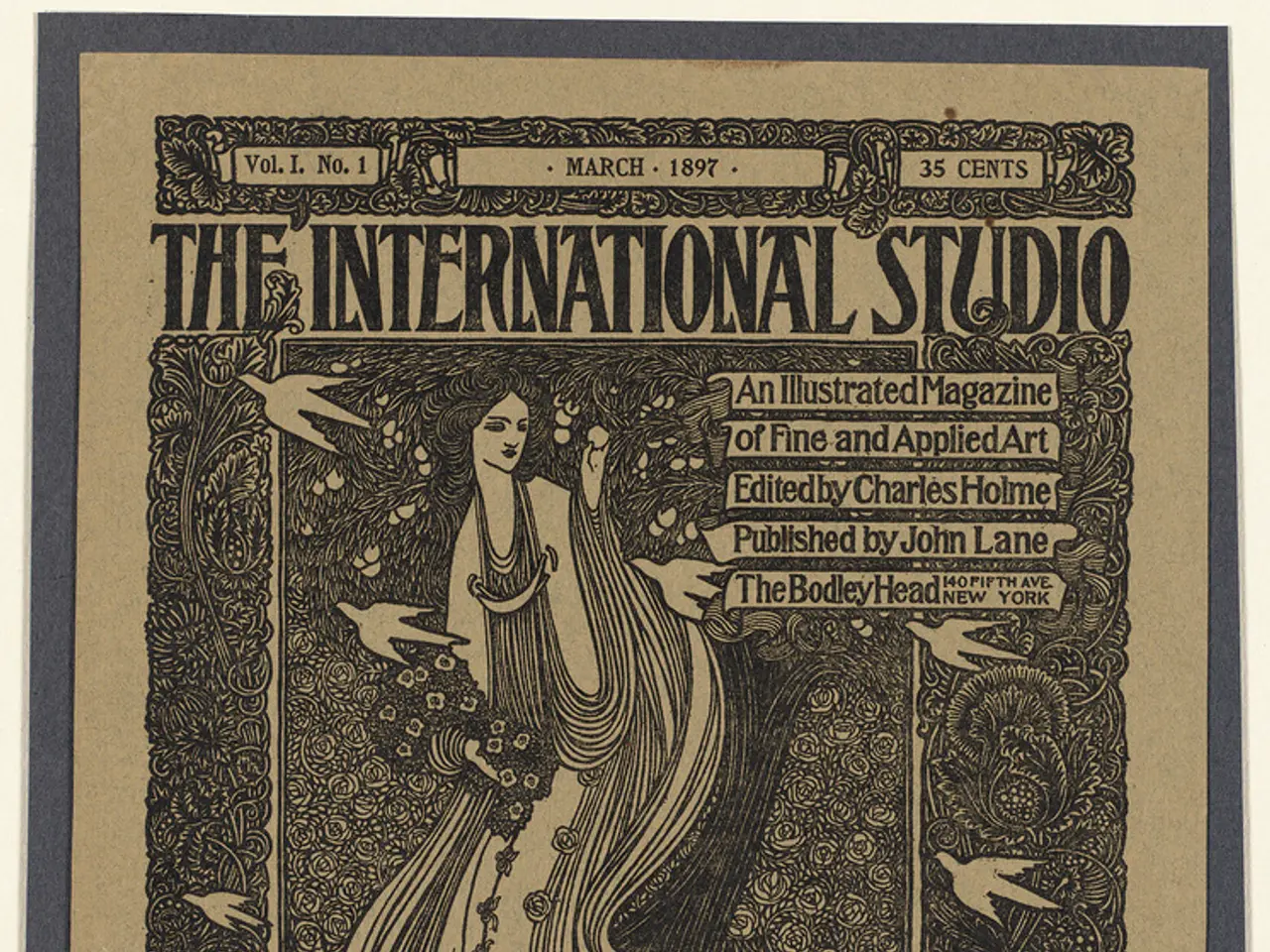Women now predominantly occupy Bergisch Gladbach
In North Rhine-Westphalia, a significant step towards recognizing the contributions of women in history has been taken with the 'FrauenOrte NRW' project. By the end of 2025, 57 women personalities from over ten centuries and all regions of the state will be honored at 52 locations. One such group of women, the Zanders family, has been recognized for their significant impact on the paper city of Bergisch Gladbach.
The journey began in the mid-19th century when Maria Zanders, a patron of the arts, initiated the construction of Villa Zanders in 1873-1874. Maria Zanders led the company from 1870 until 1902, and her name is particularly associated with its expansion through acquisitions and modernization. Her entrepreneurial spirit extended beyond business as she created a cultural hub where art, music, and civic engagement thrived.
Maria Zanders' legacy continues to shape the Kunstmuseum Villa Zanders, with a collection focus on 'Art from Paper'. Her daughter, Julie Zanders, took over the company from 1831 to 1836 and later resumed leadership until her death in 1869. Julie Zanders purchased the Gohrsmühle, which remained the company's main headquarters until its end.
Olga Zanders, another remarkable figure, managed the company from 1915 to 1929. Her determined action secured many people's jobs and livelihoods for many years, especially during World War I and the depression of the 1920s. Olga Zanders also founded the marriage grant in 1918, whereby daughters and sons of Zanders employees received 200 marks upon marriage.
The three women, Julie Zanders, Maria Zanders, and Olga Zanders, have been honored with a memorial plaque by FrauenRat NRW e.V. for their significant contributions to the paper manufacturer Zanders. Dr. Ulrich Soenius, director of the Stiftung Rheinisch-Westfälisches Wirtschaftsarchiv zu Köln, proposed their names for the 'FrauenOrte NRW' project.
The 'FrauenOrte NRW' project aims to correct the skewed perception that women have not made significant contributions to history. It is funded by the Ministry for Children, Youth, Families, Equality, Refugees and Integration of the state of North Rhine-Westphalia. The three Zanders women are part of the project, which aims to honor outstanding historical female personalities throughout the state.
The heritage of the Zanders family not only shaped the cityscape of Bergisch Gladbach but also continues to inspire. The memorial plaque was inaugurated at a reception in Villa Zanders on Friday, September 12. The Zanders women's story serves as a testament to the power of determination, leadership, and cultural impact that women have had and continue to have in North Rhine-Westphalia.
Read also:
- Deepwater Horizon Oil Spill: BP Faces Record-Breaking Settlement - Dubbed 'Largest Environmental Fine Ever Imposed'
- Meta Unveils Ray-Ban AR Display Sunglasses; TikTok Agrees to $200 Million Deal
- Historic downtown temples to receive restoration funds totaling over 25 million pesos
- Cars' Environmental Impact Explained




